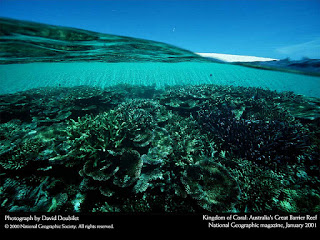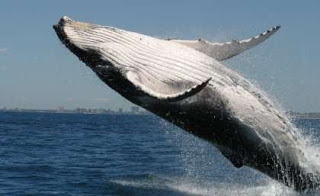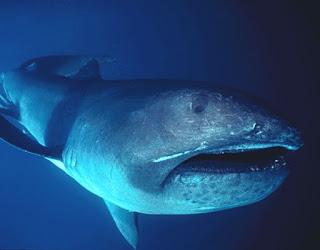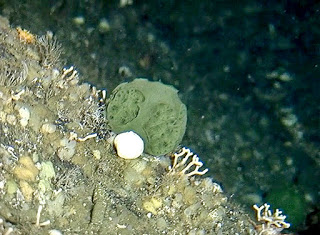 Santa Barbara is the first California city to ban new drilling off the California coast and to ban fracking in existing offshore wells. There is a statewide campaign for local governments to pass such resolutions since Trump urged federal agencies to open up federal waters to new oil and gas leasing on April 28. “I’m thrilled to be part of this community effort to protect natural resources, the water supply, and community health,” said Santa Barbara City Council member Jason Dominguez, who sponsored the resolution. “At the same time, we can improve our economy, develop green markets, and bring quality jobs and living wages to the area.”
Santa Barbara is the first California city to ban new drilling off the California coast and to ban fracking in existing offshore wells. There is a statewide campaign for local governments to pass such resolutions since Trump urged federal agencies to open up federal waters to new oil and gas leasing on April 28. “I’m thrilled to be part of this community effort to protect natural resources, the water supply, and community health,” said Santa Barbara City Council member Jason Dominguez, who sponsored the resolution. “At the same time, we can improve our economy, develop green markets, and bring quality jobs and living wages to the area.”2. U.K. Ban on Microbeads to be the ‘Strongest in the World’
 The U.K. is planning to ban microbeads in rinse-off cosmetics and personal products like toothpaste. “Microbeads are one of the most pervasive forms of marine pollution and prevention at source is far more effective than clean-up at sea. Action also needs to be taken by everyone in the supply chain to reduce, reuse and recycle, including (by) us consumers.”
The U.K. is planning to ban microbeads in rinse-off cosmetics and personal products like toothpaste. “Microbeads are one of the most pervasive forms of marine pollution and prevention at source is far more effective than clean-up at sea. Action also needs to be taken by everyone in the supply chain to reduce, reuse and recycle, including (by) us consumers.”———————————————–
3. Australia Proposes to Expand Commercial Fishing in Marine Sanctuaries
 The percent of Australia’s marine reserves open to commercial fishing is proposed to go up from 64 to 80. Australia would be the first nation “to wind back its ocean protection measures.” The proposal is open to public comments and could be implemented as early as 2018. The Australian government is also considering cutting down funding for marine protected areas and “introducing blue zones to permit underwater oil and gas mining.”
The percent of Australia’s marine reserves open to commercial fishing is proposed to go up from 64 to 80. Australia would be the first nation “to wind back its ocean protection measures.” The proposal is open to public comments and could be implemented as early as 2018. The Australian government is also considering cutting down funding for marine protected areas and “introducing blue zones to permit underwater oil and gas mining.”
4. Whales Learn New Songs Like Humans
“Humpback whales learn songs in segments – like the verses of a human song – and can remix them, a new study involving University of Queensland research has found.” The humpback whales learn new songs through social learning, i.e. from other whales rather than through genetically from one generation to another. “All the males in a population sing the same complex song, but the pattern of song changes with time, sometimes quite rapidly, across the population,” Dr. Noad said.
Read More…
5. Rarely Seen Megamouth Shark Spotted
———————————————–
6. Alaskan Sponge Can Help Fight Cancer
———————————————–
Be sure to “LIKE” http://facebook.com/SeaSave to ensure our “Week in Review” is delivered to your newsfeed every Friday.
Sea Save Foundation is committed to raising awareness of marine conservation. The Week in Review is a team effort produced by the Sea Save staff to provide a weekly summary of the latest in marine research, policy, and news.







